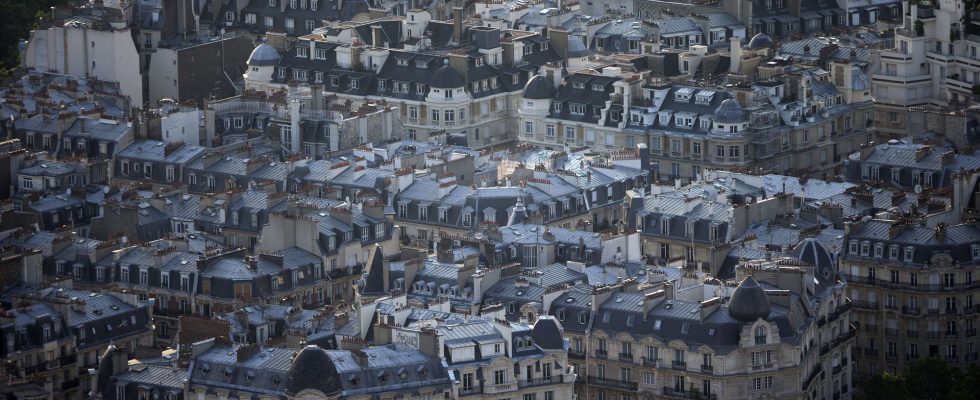The owners were no doubt expecting it, but the news will not delight them: the property tax will increase sharply in 2023 in certain municipalities. The president of the Association of Mayors of France (AMF), David Lisnard, announced on Wednesday May 31 that almost one in five municipalities with more than 40,000 inhabitants will increase the property tax this year.
“There are 19% of municipalities [de plus de 40 000 habitants] which will increase their property tax rate, i.e. 81% of municipalities [de cette taille] which are not going to increase it”, indicated the mayor Les Républicains de Cannes on Radio J. The president of the AMF however recognized that “the land levy” will automatically increase in all the municipalities “because it is readjusted by the amount of inflation”.
Indeed, the evolution of this local tax collected for the benefit of the municipalities and their groupings also depends on the automatic revaluation of the rental bases, voted each year in the State budget. This year, this revaluation of rental bases is 7.1%. “You have to go back to 1986 to find such an increase”, calculates near West France Frédéric Zumbiehl, lawyer at the Union of Owners (UNPI).
The property tax, which affected 32 million owners in 2022, is one of the only tax levers still available to mayors since the abolition of housing tax on main residences. Caught between soaring energy prices and revenues which are increasing much more slowly, town halls may be tempted to use the property tax to achieve the goal of balanced budgets to which they are bound.
A 52% increase in Paris
The increase in property taxes has given rise to controversies between the municipalities and the government, like in Paris where their 52% increase, wanted this year by the PS mayor Anne Hidalgo, was criticized by the ministers Clément Beaune and Gabriel Attal, to whom we lend municipal ambitions in 2026.
According to Anne Hidalgo, this increase in the property tax in the capital will allow the town hall to invest an additional 1.2 billion euros by the end of the mayor’s mandate, in 2026. With a rate which has now reached 20, 5%, Paris remains below the average for large cities (32.5%).
In Grenoble, on March 13, the city council voted for a disputed 25% increase in the property tax rate in order to raise 44 million euros to finance a “social and climate justice shield”. This 25% increase in the municipal share will therefore be added to a 7.1% increase in the bases decided nationally.
In Lyon as in Metz, an increase too
At the beginning of March, the city of Lyon had also decided on a 9% increase in the property tax, an increase being added there too to the 7.1 points of mechanical increase. This decision was justified by the municipality by the need to compensate for the increase in energy costs over the past year. On March 30, the municipal council of Metz had also voted to increase the property tax. This 14.3% increase was again justified by inflation, the explosion in energy prices and the payroll.
According to the National Union of Property Owners (Unpi), property tax as a whole (base and rate) increased by an average of 4.7% between 2021 and 2022 in the 200 largest cities in the country.
According to one study published in May 2022 by the firm FSL, which questioned the communities, the property tax had increased by an average of 1.4% on January 1, 2022 in the 190 French cities of more than 40,000 inhabitants.
This increase was concentrated in cities with more than 100,000 inhabitants, where the rate had then increased by 1.9%. It was particularly marked in Marseille (+14%) and Tours (+11.6%). “This is the largest increase observed since 2010,” noted the firm FSL. “More than a quarter of large cities and their groups have increased their tax rates in 2022,” added FSL.
